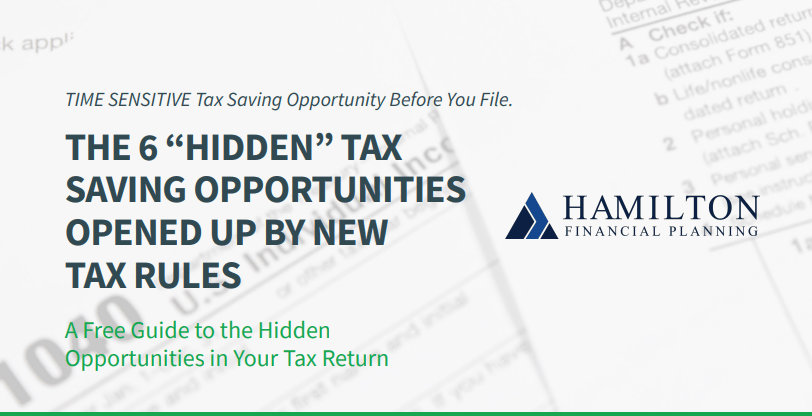Table of Contents
4 Ways a Financial Advisor Can Save Your Retirement
The decision to work with a financial advisor is an important part of one’s journey to retirement, but it’s often approached with a certain amount of trepidation. Obviously, there are costs involved in working with a financial professional, and someone (you) has to pay them. And in a sea of financial advisors who often charge different fees for different types of services, it’s difficult for many to find someone they trust and feel comfortable with.
However, the benefits of working with a professional really are shown time and time again, and that’s true in more ways than one. If you’re wondering how a financial planner could help you position yourself for a more prosperous future and retirement, here are the 4 Ways a Financial Advisor Can Save Your Retirement
Potential for Better Returns
The numbers don’t lie. A recent study from Vanguard known as Vanguard Advisor’s Alpha showed that financial advisors who use the specific Vanguard framework for investment advice helped their clients achieve 3 percent higher returns on average. When you consider this potential for better returns and the impact on your portfolio over time, the value proposition of hiring a financial advisor becomes exponentially clearer.
How is this 3 percent of increased returns accounted for? According to Vanguard, financial advisors create the most value by helping construct a solid portfolio, managing your wealth and adjusting for risk over time, and behavioral coaching.
Save with a Goal
Many consumers successfully DIY their retirement, but some wind up saving without a comprehensive goal or plan in place. A financial advisor can help you find the best way to allocate your investments, so they align with what you truly want in life. An experienced advisor can also help you craft a plan that aligns your risk capacity and risk tolerance, which can be hard to gauge if you’re left to figure it out on your own.
Without a financial advisor, it may be difficult to know how much you should be saving right now to reach your “retirement number,” or even what your ideal figure for retirement might be. This could leave you in a position where you’re saving less than you need, or even where you’re over-saving to the detriment of your current lifestyle.
Avoid Panic and Bad Advice
Many consumers don’t realize financial advisors don’t just help you figure out what to do — they can help you avoid making tragic investment mistakes. This part of the work of a financial advisor includes behavioral coaching, which can help clients avoid big mistakes born out of greed, fear, panic, hindsight bias, or being too scared of volatility.
The reality is, the value of avoiding a big mistake can be the difference between leaving a legacy for the grandkids or not even having enough money to fund your own retirement.
Here’s a very good, recent example to think over. Imagine if you were managing your own portfolio during the market’s worst day after the pandemic started, or on March 23, 2020. On this date, the Dow Jones Industrial Average dropped to 18,591.93.
We all know that the Dow has since rebounded to well over 28,000 over the course of six months. If a financial advisor was able to talk you off of the ledge and out of selling all your investments at the bottom, your investment in their advice could easily save you ⅓ or more of your retirement portfolio.
Tax Efficiency
So many investors focus on building their wealth until they reach a specific level where they believe they’ll have “enough.” However, people often forget about the tax ramifications of their investments and choices. This is particularly true when someone is using a combination of tax-advantaged and taxable investment accounts to plan for retirement, and when people actually reach the age where they’re required to take Required Minimum Distributions (RMDs) from tax-advantaged accounts.
A financial advisor can help you save for retirement in a way that can help you minimize your tax bill now and later on. This usually means taking advantage of all the tax loopholes and savings vehicles available to you during the wealth-building phase, but it also means helping you access your funds in a way that will trigger the least amount of tax liability over time.
Should You Hire a Fee-Only Financial Planner?
Professional advice rarely ever comes free, but the right financial advisor can easily pay for themselves. Remember that you’re hiring someone to help you figure out what to do and what not to do. Financial advisors can help you create a long-term wealth-building plan then stay the course regardless of what the market does.
Still, you’ll want to make sure you hire a financial advisor who can give valuable and unbiased advice. My firm, Hamilton Financial Planning, does exactly this as a fee-based financial advisory service that never earns commissions on the investments we select. Our fee-only payment structure allows us to act as a true fiduciary who is legally obligated to put your interests first.
If you’re interested in learning more, you can sign up for a free 15-minute consultation here.

